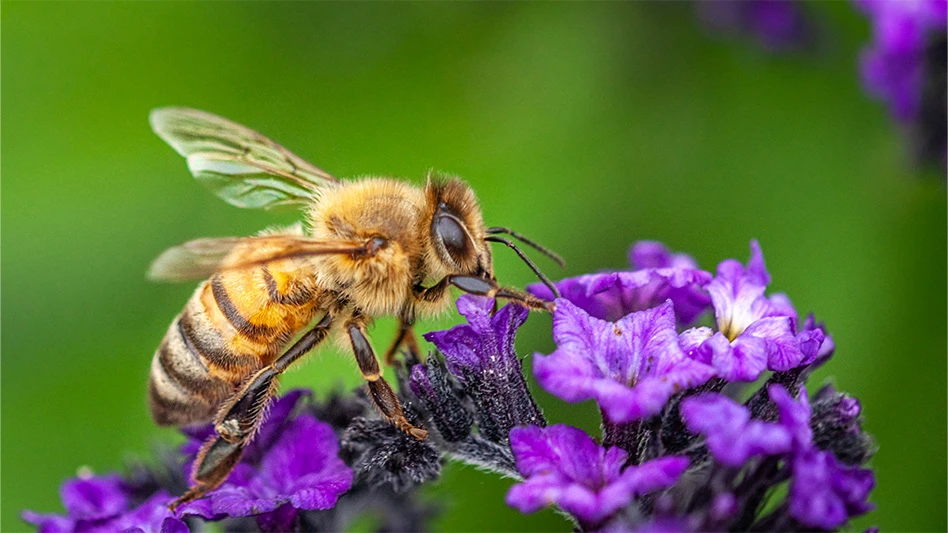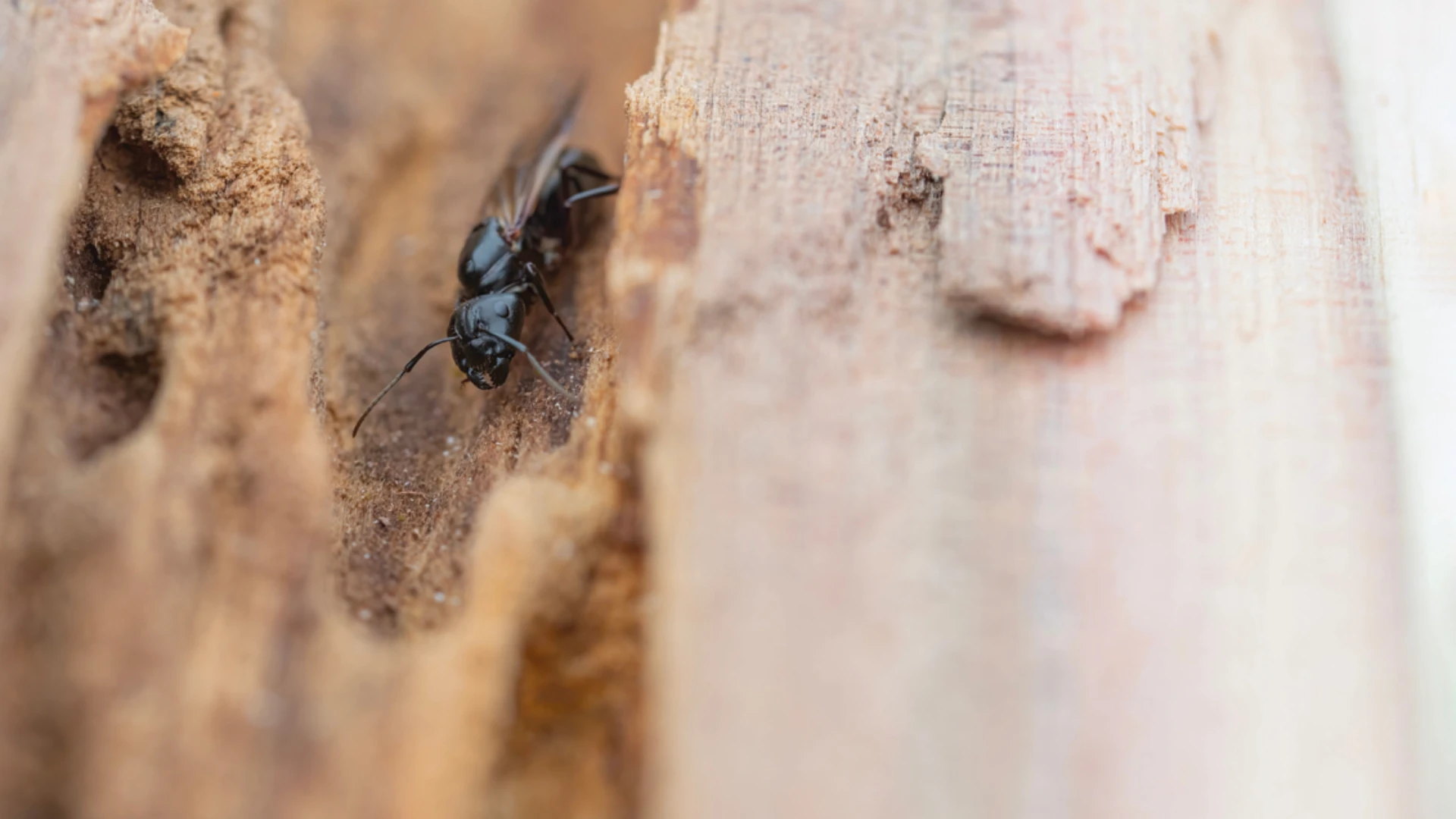
iStock | marcophotos
TORONTO – Since 2017, Abell has promoted greater awareness, and directly engaging Abell employees to help increase bee populations with their Bee’cause We Care initiative, including setting up its own bee hives and relocating bee swarms to new and safe homes where they can grow and thrive.
One program Abell takes particular pride in is the $25,000 in scholarships offered over five years as a part of Abell’s ongoing University of Guelph Bursary Program.
This program was created to support students conducting research in Pollinators. It supports our commitment and desire to find the solution to the bees’ plight and attempts to truly understand the nature of the problem they face.
“As pest control professionals, we know a lot about insects. While we’re often charged with controlling insects that pose potential risks to humans, we’re also highly educated and fascinated with the ones that are beneficial,” says John Abell, president of Abell Pest Control, “The launch of Bee’cause We Care has not only been great for the bees themselves — and in turn, humans — but we’ve seen the incredible way the cause has rallied our employees together and brought us closer to the communities we’re in.”
On an individual level, amateur beekeeping is a viable option and a noble pursuit that can reap many benefits — when done correctly. In fact, the University of Guelph Honey Bee Research Centre offers courses on beekeeping, and if you’re interested you won’t be alone — about 70 people take this course a year, and also more than 800 University of Guelph undergraduate students are registered in the Apiculture and Honey Bee Biology course per year. Additionally, Ontario Beekeepers Association is another excellent place to find a course at ontariobee.com
But we can’t all just suit up and start tending to hives on the side. So, for those interested in learning about more ways to help, consider the below:
- Research some bee-friendly, native plants to grow in your garden or in patio planters that promote pollination. Some perfect examples include coneflowers, sedum, lavender, marigolds, milkweed, and sunflowers.
- Limit the use of harmful pesticides in gardens.
- Support local beekeepers and buy local honey. Products are even available at the Honey Bee Research Centre at shophbrc.com.
- If you notice a beehive located in an area that is not ideal, call a service that can relocate the hive. Abell Pest Control aims to connect beekeepers with people who have a bee swarm on their property through their website to enable safe and humane removal and relocation. They even help cover the cost to ensure bee colonies are moved safely rather than harmed.
Honey bees play a key role in agricultural productivity and ecosystem sustainability by providing pollination services to crops and wild plants. To help learn more about the work Abell does to save the bees, visit https://abellsavesbees.com/.
Honey Bee Facts.
The Varroa destructor is as potentially harmful as its name implies.
An ectoparasitic mite that preys on honey bees, this minuscule menace is a threat to the world’s food system, reducing the lifespan of honey bees — critical pollinators in the growing of food for human consumption — by as much as 50 percent. The varroa mite has been considered a main threat to honey bee health worldwide. It vectors and transmits viruses such as the Deformed Wing Virus (DWV) and is associated with high rates of colony losses in North America.
While many things can affect bees’ ability to reproduce, experts agree that the varroa mite has been particularly destructive as of late.
Latest from Pest Control Technology
- Are You Covering Your Marketing Basics?
- Did You Order Mice With That?
- Arrow Exterminators Opens New Residential Service Center in Metro Atlanta
- CAPMA Hosts 2025 Legislative Day in Sacramento
- Grizz Pest Management Bartends for a Cause
- Rose Pest Solutions Becomes Official Pest Provider of Chicago Fire FC
- WSPMA Hosts Legislative Day at Washington State Capitol
- A-1 Pest Control Marks 59 years in Business








